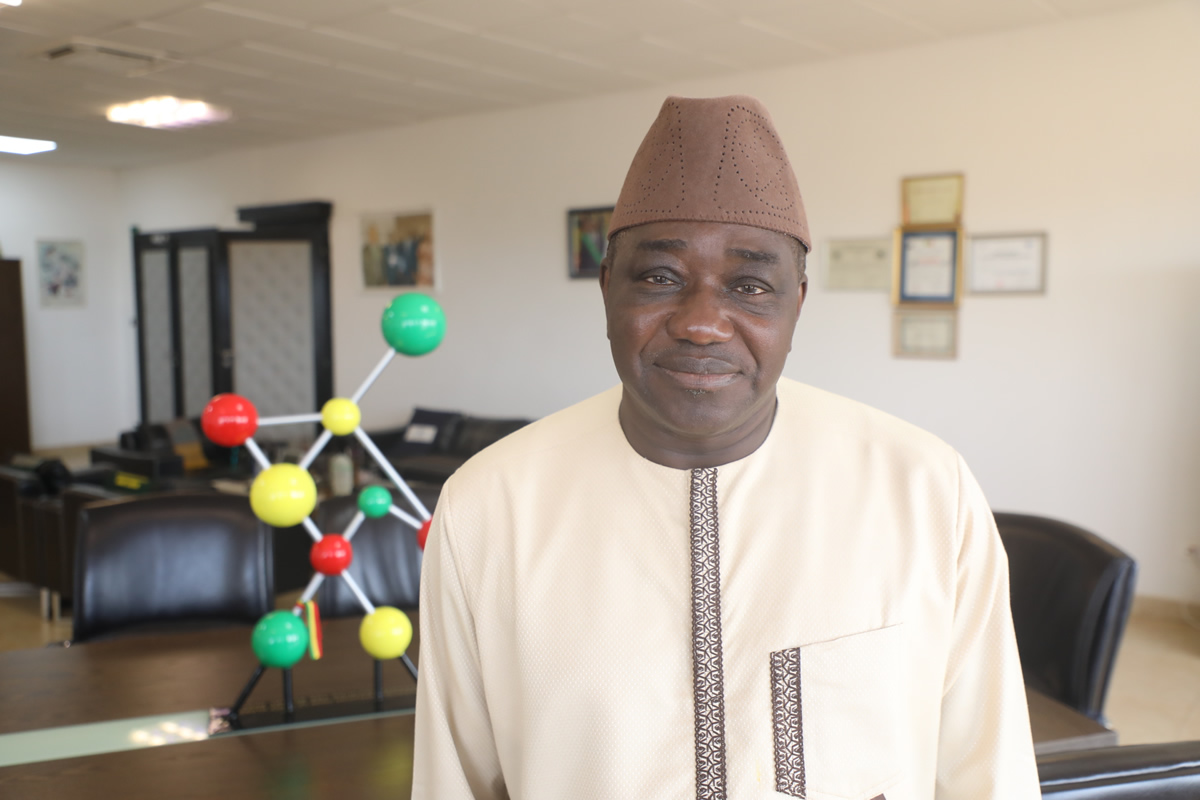Two types of new bacteria discovered by the team of Didier Raoult’s now bear the name of Professor Souleymane Mboup. These are Mboupella Massilenssis and Pseudomboupella.
The team of Professor Didier Raoult from IHU Marseille honors Professor Souleymane Mboup, President of Iressef and co-discoverer of HIV 2 in 1985.
The new bacteria named after Professor Souleymane Mboup are called Mboupella massiliensis and Pseudomboupella. For Didier Raoult and his team, this is a way to pay tribute to Professor Mboup for the role played within the advancement of microbiology in Africa.
“At the IHU, naming a bacterium after an individual is not a frequent endeavour. But, given the reputation of Professor Souleymane Mboup and what he represents for young Senegalese and African researchers, this dedication will forever remain in the records of scientific research” ( Dr Sokhna Ndongo).
The bacterium, human gastrointestinal tract, is an ecosystem which embeds a complex and dynamic microbial community. Most of this microbial community is represented by bacteria which play a crucial role in physiological balance, with important repercussions on immunity, metabolic processes, and the health of the host.
More and more, scientists are interested in the microbiota to understand and / or explain the origin of various human metabolic or inflammatory pathologies. This justifies the number of studies reaffirming its implication in various inflammatory and metabolic diseases, which continues to increase.
As a result, the composition of the intestinal microbiota, its relationship with metabolism and diseases have become a major issue for scientific research across the world and particularly in Africa, where these pathologies constitute a real public health issue.

